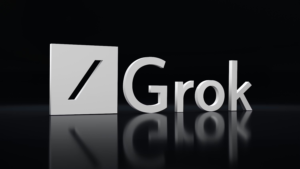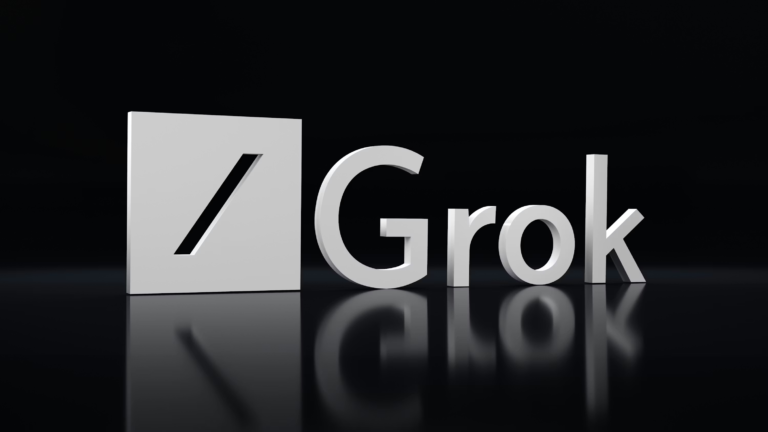Sainsbury’s has reported a slowdown in sales growth in recent weeks as food inflation has eased and consumers have become more cautious due to poor weather and the ongoing cost of living crisis.
Sales at established stores increased by 3% in the three months ending 22 June, compared to a 4.8% rise in the previous quarter, excluding fuel and the impact of closing the group’s Irish Argos stores.
At Argos, sales fell by 6.2% during the quarter, a deeper decline than the 4.7% drop in the previous three months, despite a 25% increase in TV sales as sports fans prepared for the men’s Euro 2024 football tournament.
The retailer attributed the decline to “an unseasonal start to summer,” with cold and wet weather affecting sales of summer items like paddling pools and garden furniture, which had performed well during the hot start to last summer.
Electronics sales also weakened due to softer demand, particularly for games, in what the company described as “a tough trading backdrop.”
“Consumers continue to shop general merchandise more cautiously,” the company noted, adding that shoppers were responding to discounted offers.
Simon Roberts, the chief executive of Sainsbury’s, commented that consumer caution was “not surprising given everything households have been through in the cost of living crisis. Until we see sequential interest rate cuts, hopefully soon, that caution from consumers is going to continue on those more discretionary items.”
Sainsbury’s reported that while shoppers continued to buy more food items than the previous year, grocery sales growth slowed to 4.8% from 7.3% in the previous quarter as market-wide inflation eased.
Roberts stated that the group consistently gained market share each month as more people opted for its supermarkets for their main weekly shop. “Our food business is going from strength to strength,” he added.
The group’s online sales were particularly strong, accounting for 14% of sales during the period, up 1 percentage point from the average last year, with an 80% increase in demand for its rapid delivery service.
Analysts noted that Sainsbury’s growth was in line with expectations as households continued to face higher bills, including for energy, mortgages, and rent.
“Considering the unfavorable weather in the UK, the weak performance in clothing was anticipated, especially since Sainsbury’s emphasizes assortment over promotion,” said William Woods at Bernstein.
Sophie Lund-Yates, lead equity analyst at Hargreaves Lansdown, noted: “With cooling inflation, worsening weather, and challenging comparisons from last year, achieving the same level of growth was always going to be difficult.
“However, there is a specific issue with Sainsbury’s ownership of Argos. Electronics are struggling in the current economic climate as people prioritize essential purchases.”
On Tuesday morning, Sainsbury’s shares dropped nearly 3%, making it the biggest faller on the FTSE 100.








